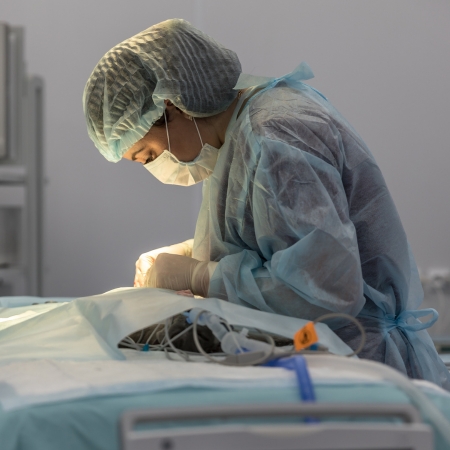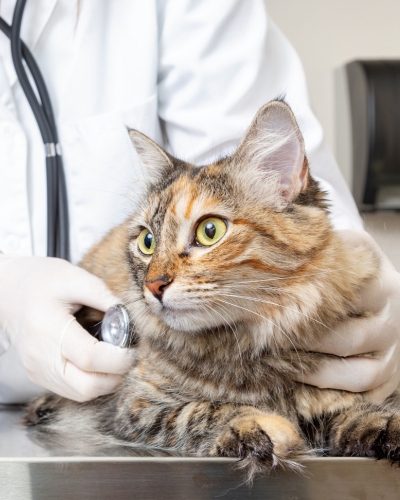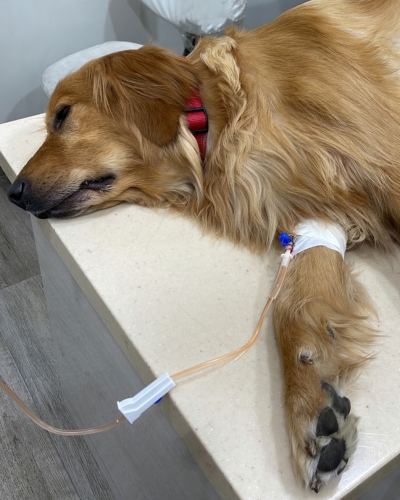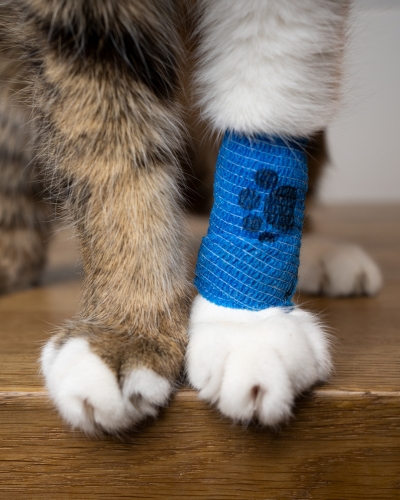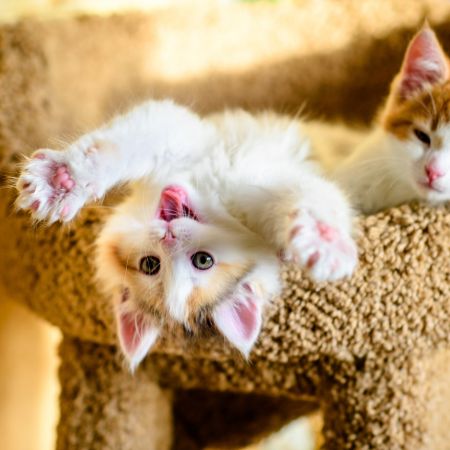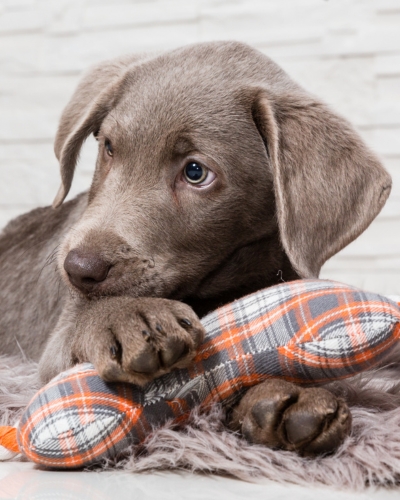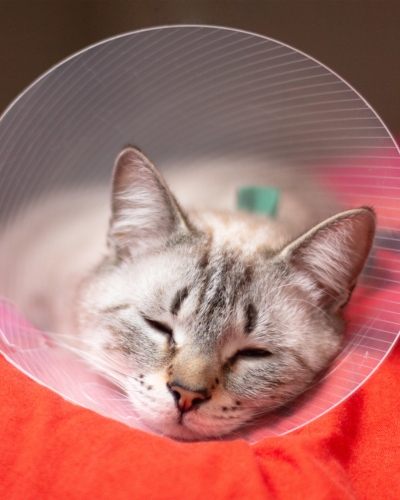Before the Surgery
Our veterinary staff are highly trained to give your pet the best care and attention possible for a spay or neuter surgery. We start with a careful examination of your pet to ensure they are healthy enough for the procedure. The process is routine and accomplished in a short time. We will review before and after care procedures for the surgery to help ensure that your pet heals properly. We also will provide you with information about conditions or symptoms to look for that can indicate a potential problem.
The right type of aftercare is crucial to ensure that your pet has a good outcome without additional complications that slow the healing process or cause emergency care situations. In most cases, spay and neuter surgeries are simple and pets recover quickly.
When to spay or neuter your dog or cat is a discussion you’ll have with your veterinarian. For dogs, the optimal time depends on the puppy’s size and breed. For cats, the surgery can be performed on kittens as early as eight weeks old through five months old.
We also provide routine and preventive care for puppies and kittens in the months leading up to the surgery. From the time you get your pets and through the end of their lifetimes, we can provide them with services that ensure they lead a healthier, happier life.

